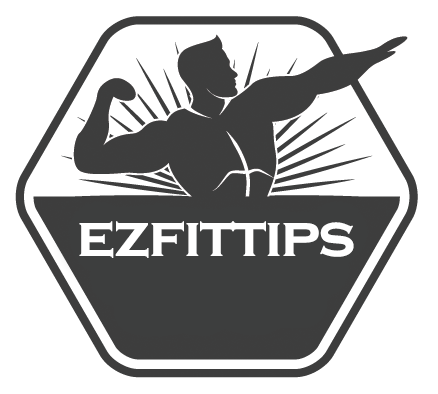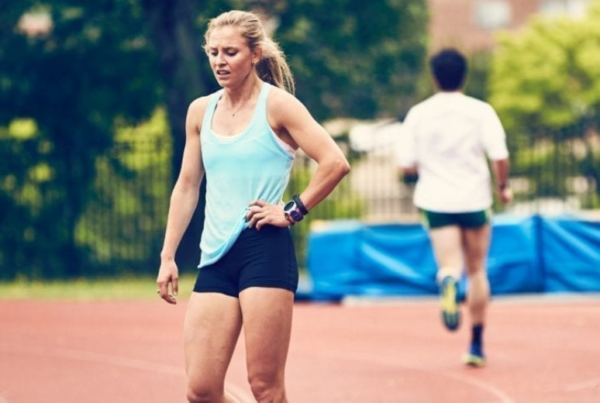Regardless of your athletic discipline or performance level, chances are you’ve reached for a sports drink during a training session or competition. These drinks are designed to give an exercising body what it needs by providing specific amounts of carbohydrates, sodium, potassium and occasionally other functional ingredients. Water is great for hydrating a body, but when working out at high intensities for extended periods of time, an athlete loses more than just water, which is when sports drinks provide a performance boost.
While these drinks can provide a performance benefit, they vary greatly in what they provide based on serving size and brand. Here’s what you need to know when considering which drink to get:
Carbohydrates are the macronutrient that provides calories to sports drinks. This is because glycogen losses during long and intense physical exertion calls for exogenous carbohydrates to fuel energy needs. Sports drinks vary greatly when it comes to the energy amounts provided. Some have low amounts, 10–50 calories from carbs, while others pack more than 300 calories from carbohydrates. Most blends are designed to provide an isotonic concentration of 6–8% carbohydrate, which is typically well tolerated and quickly absorbed by the body. Higher concentrations are likely to cause gastric problems and lower concentrations might not be effective.
When choosing the right mix for you, consider how much energy you need during your workout and how much of that you want to come from liquid versus solid food. How much fluid an athlete needs per hour can vary greatly depending on clothing choice, temperature and humidity. However, the number of calories needed per hour stays relatively the same. When an athlete overconsumes sport drinks, due to an increased need to drink fluids, it can cause severe gastric upset. Due to this, athletes should take care in determining how many calories they put into their bottles and separate calories from fluids and solids.
- READ MORE: 5 Sports Dietitian-Recommended Whole Food Swaps For Sport Fuel
When an athlete sweats, sodium is the second greatest loss next to water. Just as drink blends vary greatly in carbohydrates, they can vary greatly in sodium concentrations as well. To complicate this, sweat sodium losses range greatly from person to person. One athlete may lose 500mg an hour while another loses 2,000mg during the same workout. When sodium isn’t being properly replaced, it can contribute to performance-ending cramping and even more severe medical conditions. A simple sweat sodium test can tell you how much sodium to replace per ounce of fluids consumed. Without a test, you’re left to guess.
If a normal training session leaves you with salty skin or white stains on your clothes, you likely sweat a higher concentration of sodium and should look for sport drinks with higher amounts of this mineral. When determining how much sodium your drink should have, also consider what solid food sources are providing.
Drink blends might also contain small amounts of magnesium, potassium and calcium. While these minerals are crucial to health and nerve function, they are lost in very small and manageable amounts in sweat. The amount lost in sweat varies little person to person making replacing these during training less crucial to overall performance. Look to get these minerals as part of a generally healthy, balanced diet instead of stressing over the amount in your sport drinks.
Sports drinks now go beyond salty sugar water. If you’re looking for a competitive edge, you might want to look for a blend that offers a little something extra. When looking for a specialty mix, consider your performance goals, nutritional status, gastric tolerance and training conditions.
Beet extract can promote endurance, ginger can settle a nervous stomach, branch chain amino acids can prevent muscle breakdown during endurance efforts, caffeine can promote alertness, B12 can boost energy levels and nootropics may stimulate mental focus. More research needs to be done to determine which of these special ingredients are beneficial and which are placebo, or even worse, just a waste of money.
If working out in mild temperatures, for short durations or at easy intensities, most athletes will be able to perform well with water alone. However, when things get hot, humid, long and difficult, it is time to reach for a sports drink. Make sure to pick a flavor you enjoy as knowing you like the taste can increase how likely you are to drink it. Find a blend your body can tolerate well throughout a range of physical intensities. Keep in mind you can adjust the mix to water ratio you use to create a blend that better meets your specific needs.









